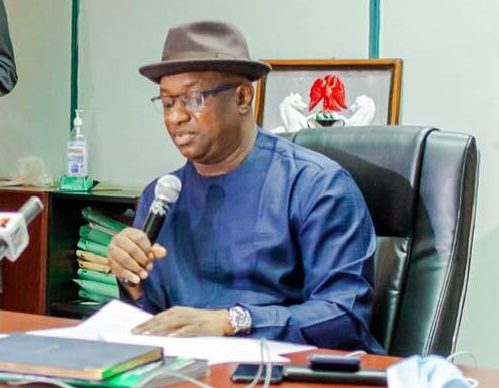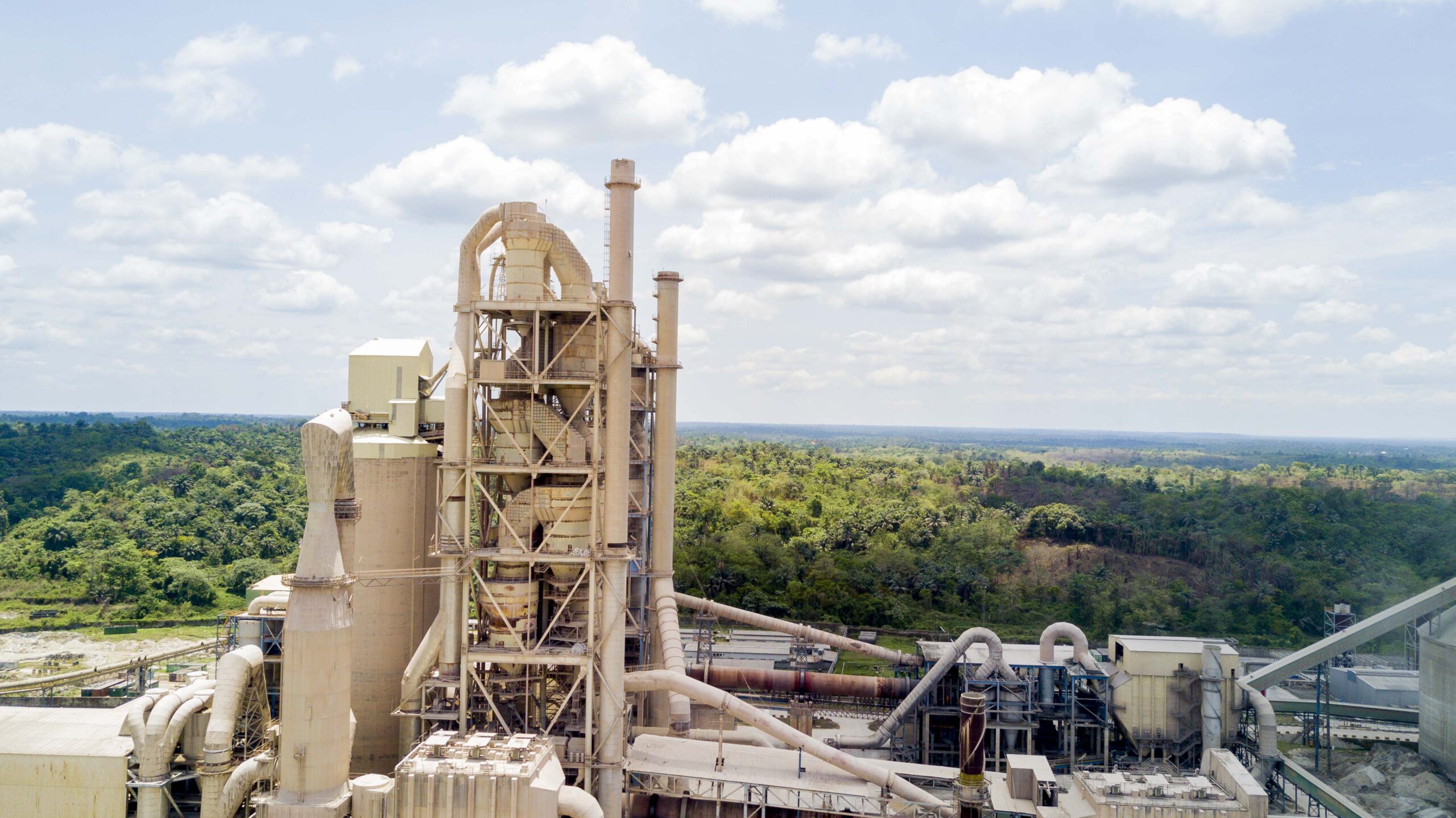•As steel devt minister inaugurates galvanising steel plant in Lagos
•Nigeria imports $4 billion worth of steel annually
•As metallurgical bill underway to provide framework to steel sector
Oluchi Chibuzor and Kasim Sumaina in Abuja
As Nigeria continues to push towards a $1 trillion economy by 2030 through indigenous industrialisation, the federal government has said it will re-evaluate the current fiscal regime offered the steel industry, as regards duties, to boost local production in the country.
In a related development, Minister of Steel Development, Prince Shuaibu Audu, inaugurated the Orbit Galvanising Steel Industries Limited and Orbit Fabrication Works Limited located in Lagos State.
Audu hinted that the project, a milestone under the African Industries Group (AIG), was a landmark achievement in Nigeria’s galvanising and steel fabrication sub-sector.
He said the inauguration of the plant was part of the activities during his working visit to Lagos, where he engaged key private sector players in the steel industry.
The developments came as the country currently imported $4 billion worth of steel annually.
Audu spoke in Ikorodu, Lagos, yesterday, at the commissioning of a 36,000MT production capacity plant of Orbit Galvanised Steel Industries, as part of his three-day tour of some industries located around Ikorodu-Sagamu-Abeokuta axis.
He acknowledged that the country had to urgently turn around the negative trend of importing over $4 billion of steel products into the country.
A statement issued Wednesday in Abuja by Principal Information Officer of the Ministry, Ijomah Opia, commended the African Industries Group for its commitment to investing in the Nigerian steel sector to advance local manufacturing, create jobs, and help economic sustainability, which aligned with the Renewed Hope Agenda of President Bola Tinubu.
Opia stated that Orbit Fabrication had the capacity to produce up to 50,000 metric tons of fabricated towers annually, which brings the combined annual production capacity of all tower fabrication companies in Nigeria to around 200,000 metric tons per annum.
Audu assured industry players of the government’s commitment to provide an enabling environment for them to contribute to Tinubu’s quest to make Nigeria’s economy a $1 trillion economy by 2030.
In recognition of the importance of galvanised steel products to multiple projects across different industries, and the overall economic development of Nigeria, the minister revealed that the federal government had granted concessionary import duties to importers of galvanised steel products prior to the establishment of these plans.
Audu said it was important to stress that the project would play a critical role in driving the Tnubu administration’s desire for local content policies.
According to him, “I can assure all industry players, especially those in the fabrication and galvanizing sub-sector, that we are going to re-evaluate the current fiscal regime as it relates to duties on major import raw materials essential for production in comparison with imported finished galvanised steel products.
“It is important to state that the ultimate objective will be to create an enabling operating environment for local production through the support of the federal government of Nigeria.
“The current administration stands ready to support initiatives such as this fabrication and galvanizing plant, which is why I personally came here myself to commission the plant, because it is fully aligned with the national goal of industrial expansion, job creation, and economic sustainability.”
The minister emphasised that due to the need to maximise the country’s natural resources, the federal government was working on a metallurgical bill to help set the framework to revamp the sector.
He state that the plant, a pioneer achievement of AIG in the galvanising subsector, had further reinforced the group’s commitment to invest in the Nigerian steel sector with a focus on local manufacturing of different steel products through backward integration for the overall benefit of this country.
He stated, “Part of what we are looking to do is to create a metallurgical industry bill where we can put fiscal incentives that can encourage local production and encourage steel production as a whole.
“You are aware that we are importing about $4 billion worth of steel products into Nigeria annually. We need to try to reverse that trend and reduce the amount that is being imported so we can save the foreign exchange.
“So, we want to encourage companies to continue to do well. Before the metallurgical industry bill is passed, we have to be able to find ways to encourage and create fiscal incentives to write to the relevant ministries or agencies; whether it’s the Ministry of Finance or the respective and appropriate agency, to be able to put all these measures in place to be able to get all the required incentives that are required.”
Calling on end users in both the public and private sectors to patronise locally made products, Audu said the plant could produce up to 50,000MT of fabricated towers annually.
He said, “This is a very impressive number. In fact, this brings the combined annual production capacity of all tower fabrication companies in Nigeria to around 200,000 metric tons per annum. So, if you look at that, that’s about a 25 per cent market share that you have here, which is quite impressive.
“I want to use this opportunity to call on end-users, both government and private sector, to patronise our locally fabricated tower products.”
He added, “This plant currently employs over 350 Nigerians and will also serve our foreign exchange in the country.
“Galvanised iron and steel process, which entails application of protective zinc coating on different iron and steel products, is designed to prevent rust and improve durability in its usage in a wide variety of applications.
“Its corrosive resistance makes it ideal for plumbing materials, outdoor structures, and parts exposed to moisture in areas with harsh environmental conditions.”
He stated that galvanised steel products remained an essential element in building infrastructure facilities, such as telecommunications towers, electricity towers, street light towers, and so on.
Audu stated, “Galvanised steel product is a critical component in many construction projects, particularly for bridges and beams, and form the bulk of imported products consuming our scarce foreign exchange.
“It is important to stress that this project will play a critical role in driving President Bola Tinubu’s administration’s desire for local content policies.”
Director Corporate Affairs, Mr. Taiwo Okewo, said the growth trajectory of the group was a testimony to the potential of Nigeria and also the dividends that came with a democracy.
Okewo stated, “We remain committed to continue contributing to this government’s regime of building the nation’s future by building factories. As of today, we have grown into a conglomerate with 11 business verticals, with active manufacturing of 35 units, with a total investment exceeding $2.1 billion and employing more than 10,000 people directly.
“This type of expansion and growth comes only with the favourable policies of the government regimes.”



